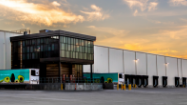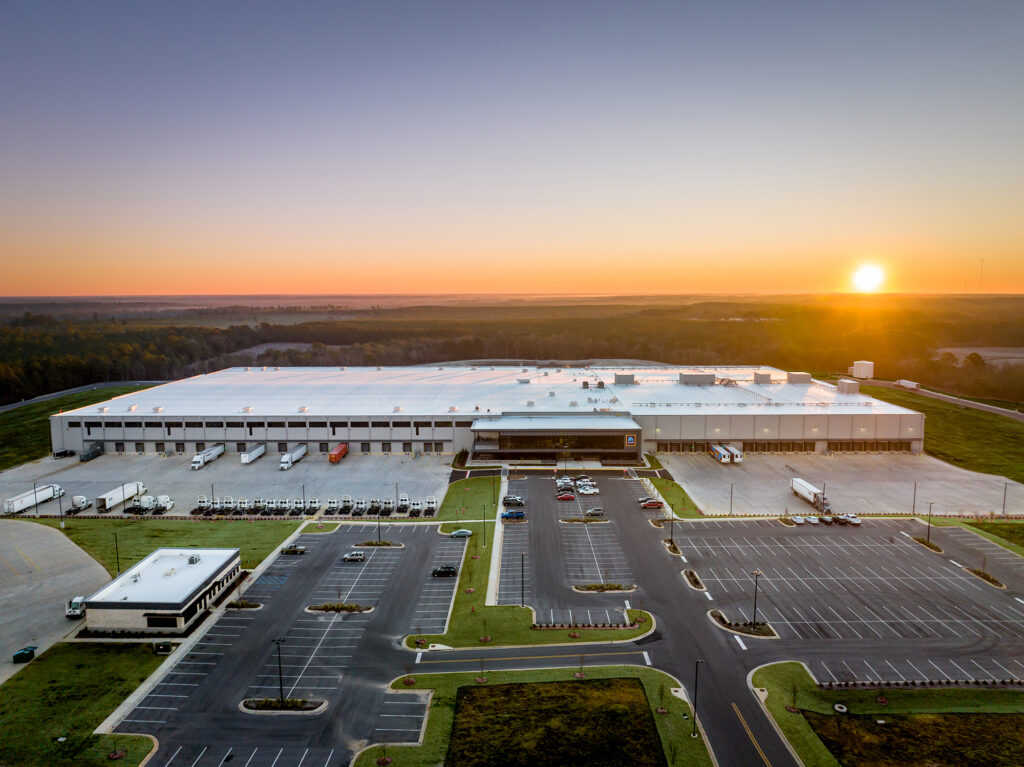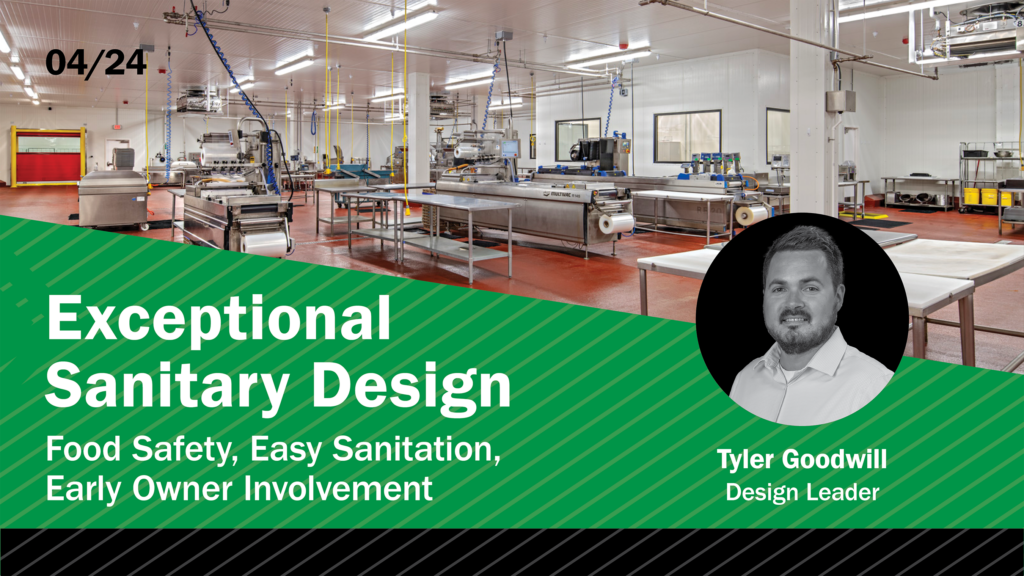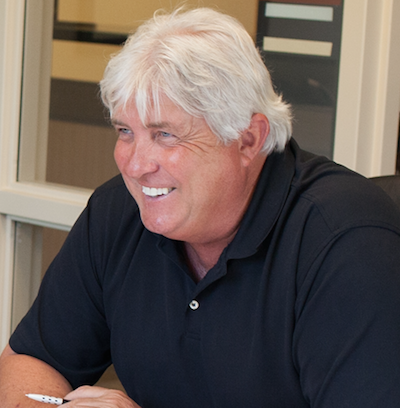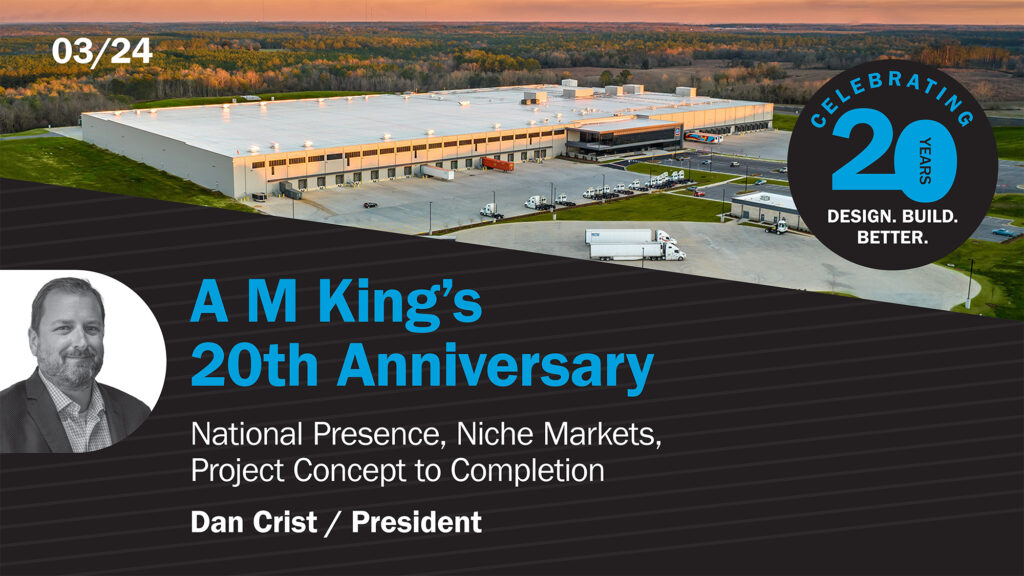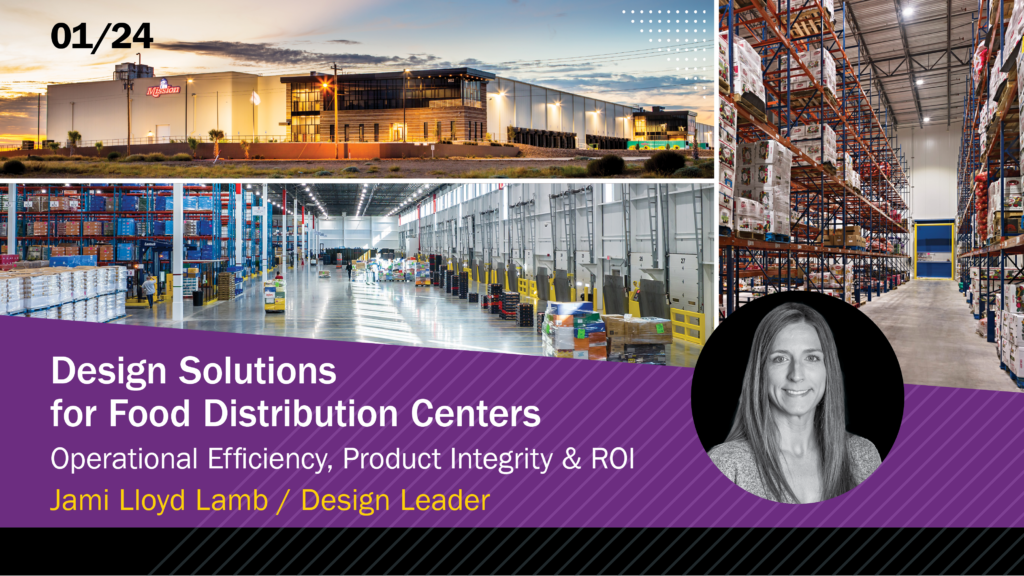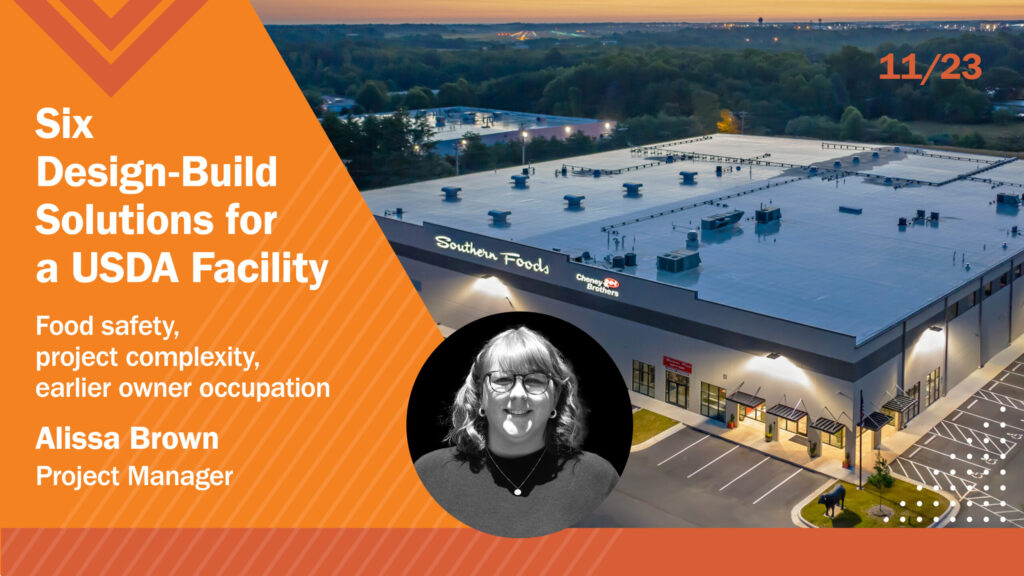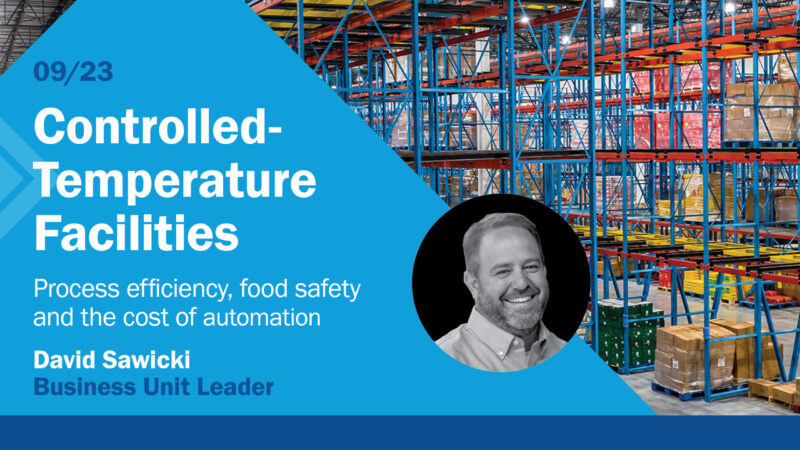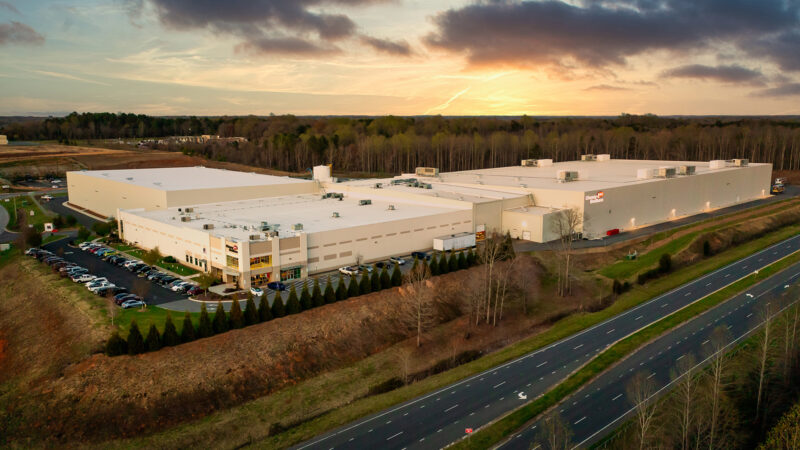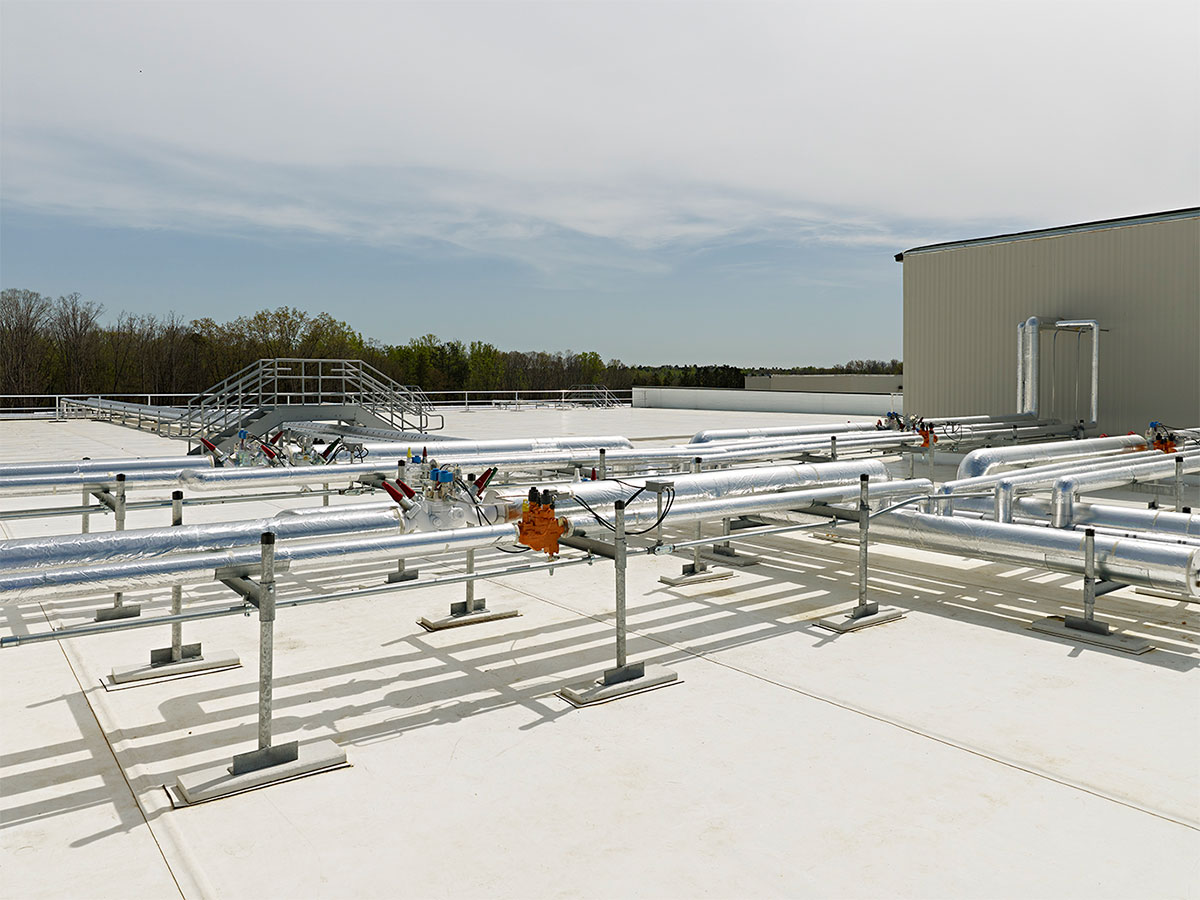
Logistical Challenges of Working in an Operational Food Facility
Expansions and renovations at food facilities are a constant necessity. While growth is always positive, many food facility operators are reluctant to invite the chaos they associate with making improvements to their facilities, cringing even at the thought of the disruptions that can occur during construction. From the addition of construction workers onsite, to changes in logistics patterns, to the challenge of maintaining production schedules, all are a concern to managers of operational food facilities during renovation projects.
A logistics plan is necessary for the success of any construction project. However, there are far more variables to contend with at an operational food facility, where the risks are much more significant. My years of experience in the construction of projects in operating healthcare facilities translates well to working in food facilities. In both facility types, contamination of clean environments is a monumental concern, and the success of these projects depends on a number of factors.
Over my 30+ years of renovating and expanding critical facilities in both the food and healthcare industries, I have learned the following is necessary to meeting these challenges in the renovation of an operational facility.
- Strive for ongoing communication with the owner. I make it a point to build relationships with facility managers, and I embrace the opportunity to make them aware about what will happen in their buildings. To that end, I schedule regular coordination meetings, often on a daily basis, to keep everyone informed. We also discuss in detail the hazards associated with each upcoming activity and the necessary safety measures being put in place.
- Schedule work in phases. Each phase of work that needs to be performed is thoroughly planned, and coordinated, with the ongoing operations at the facility. Our planning ensures we know months in advance when we will bring new equipment online, commission a new system, or facilitate a power or system shutdown. This allows us to provide early notice to the facility managers and operators, allowing them the opportunity to adjust plant processes or maximize output.
- Educate and protect client employees. Each facility has its own processes and operating procedures by which our team must become familiar and abide. In addition, our goal is to educate client personnel who aren’t familiar with construction and help them understand the work we will be performing. Construction work creates hazards, noise, dust and fumes. It is our responsibility to put plans in place to protect the facility employees and allow them to continually perform while our work is underway. We share our highly detailed, site-specific plans to ensure those operating within a facility know what we will be doing, when we will be working, and the potential hazards that may arise. Then we make them aware of the proper safeguards we put in place to protect both them and their facility.
- Secure integrity of the product. For food facility operators, the product is everything. Whether it’s maintaining temperature or humidity requirements, protecting clean areas from contaminants, or maintaining separation of products, we put the processes in place to preserve and protect the product from any risks.
Every construction project has inherent dangers. However, the renovation or expansion of an operating food facility requires even greater attention and focus to ensure that the project is safe, employees feel comfortable, and the product integrity is maintained. Directing a complex construction operation in a functioning facility requires technical know-how, risk mitigation, excellent organizational skills and flexibility. I make it a point on my job sites to focus on these areas and create the appearance of an orderly, clean and a well-run project. The last piece of the puzzle is the ability to create a bond of trust with the facility operators and managers. This formula has allowed me to achieve successful project outcomes in numerous operating facilities.
